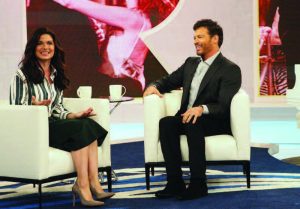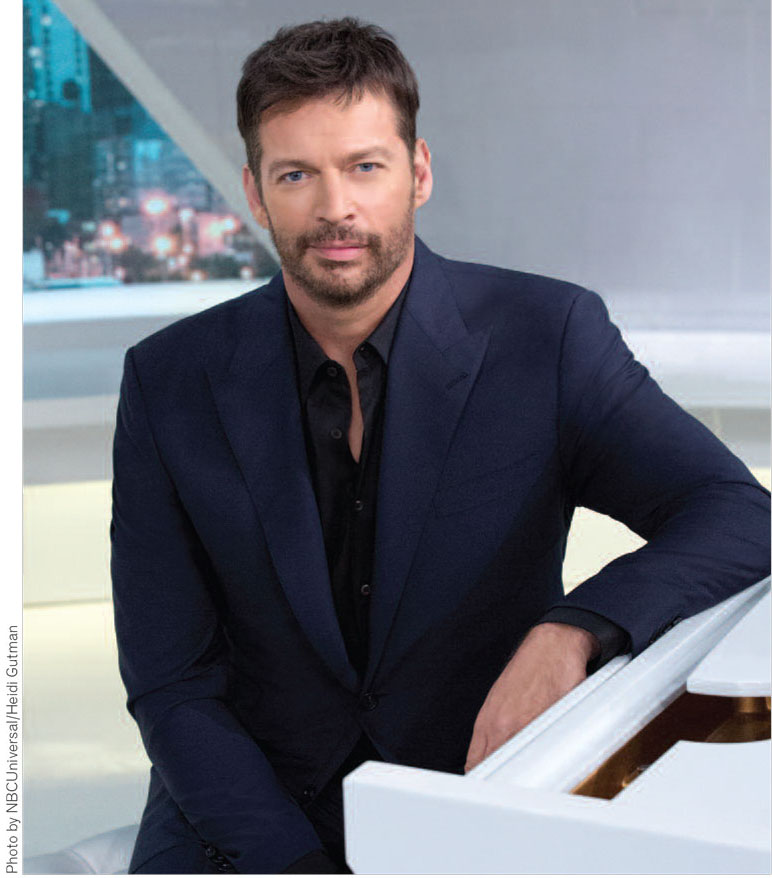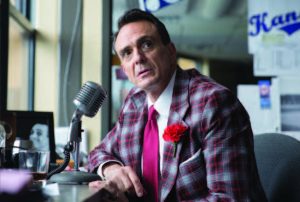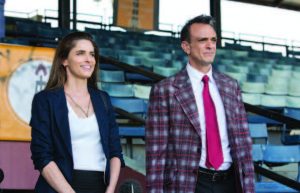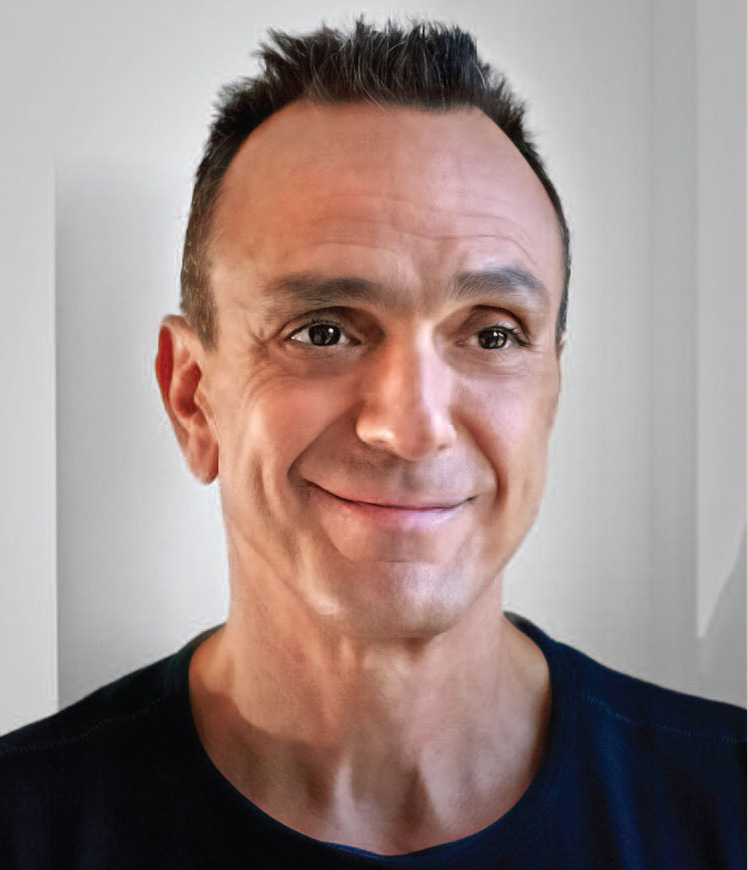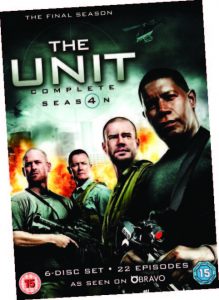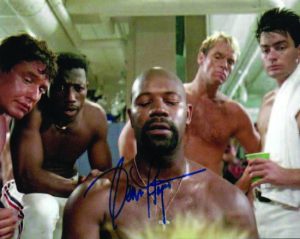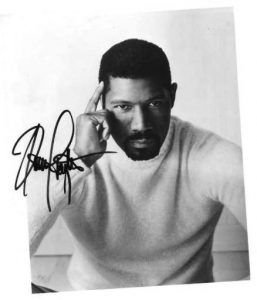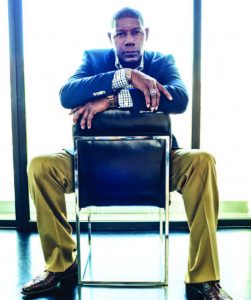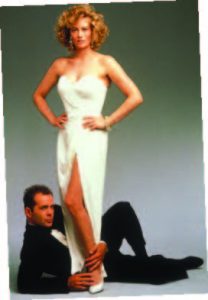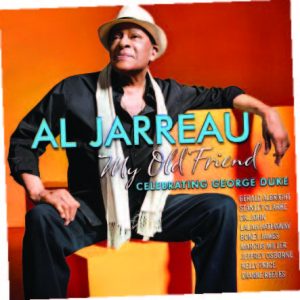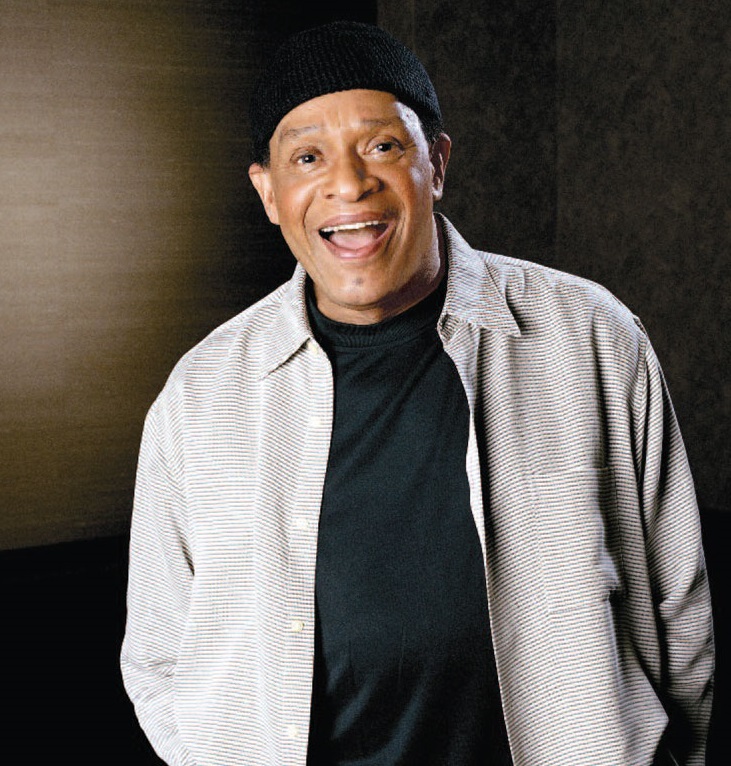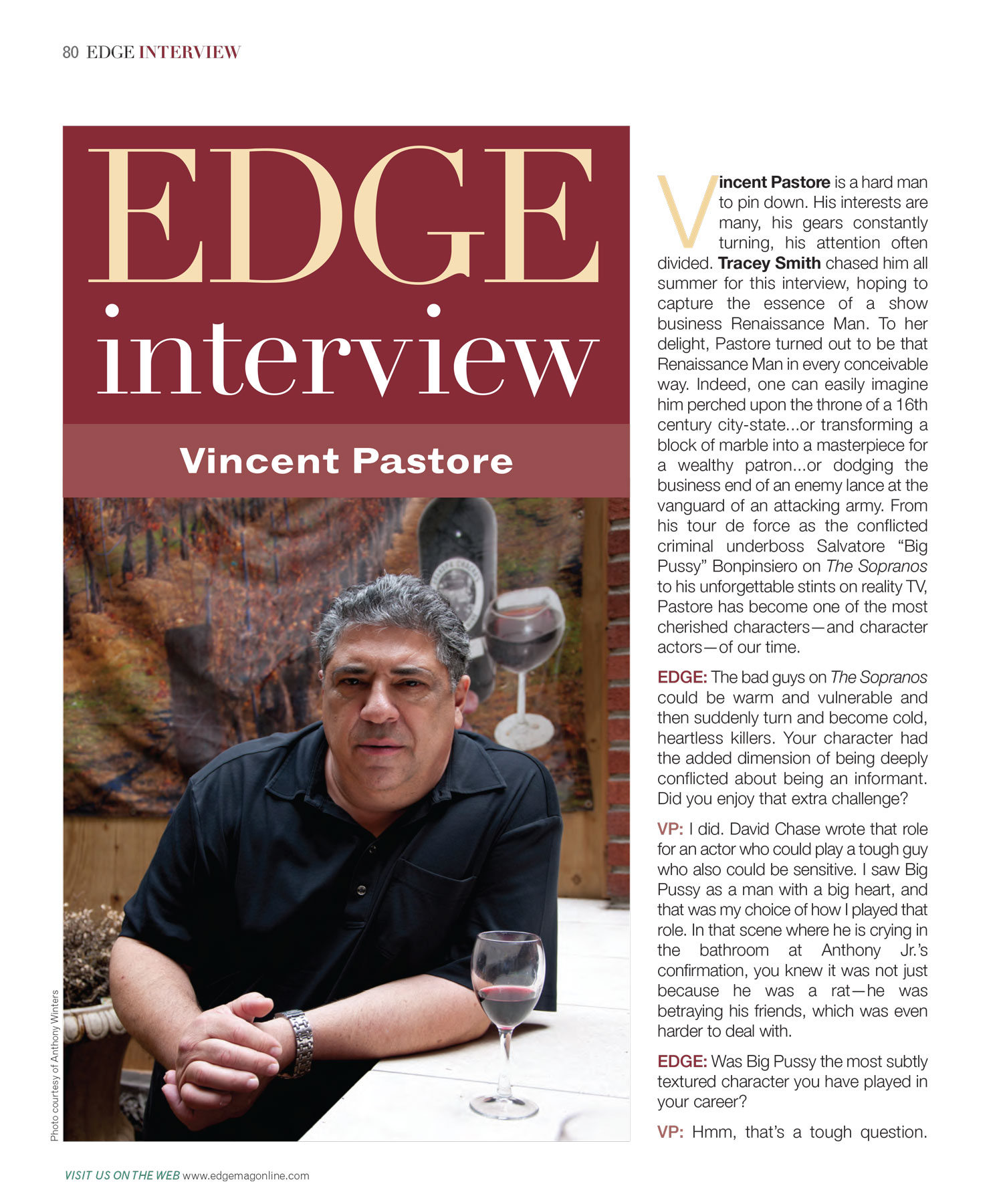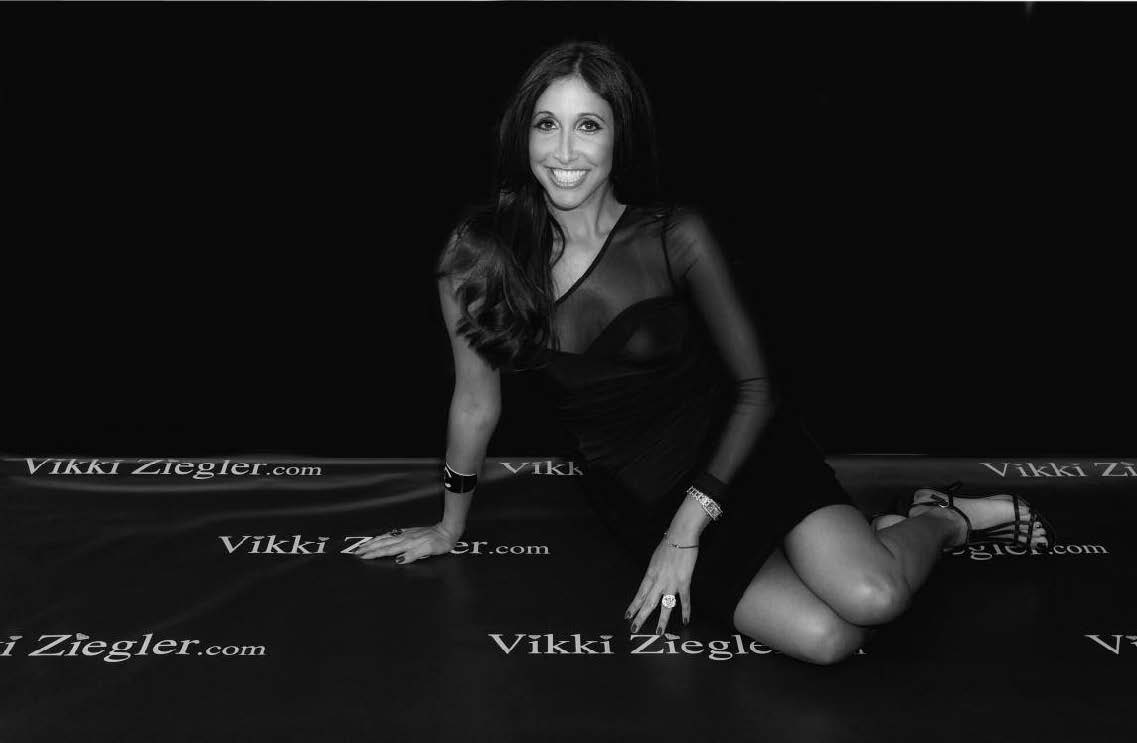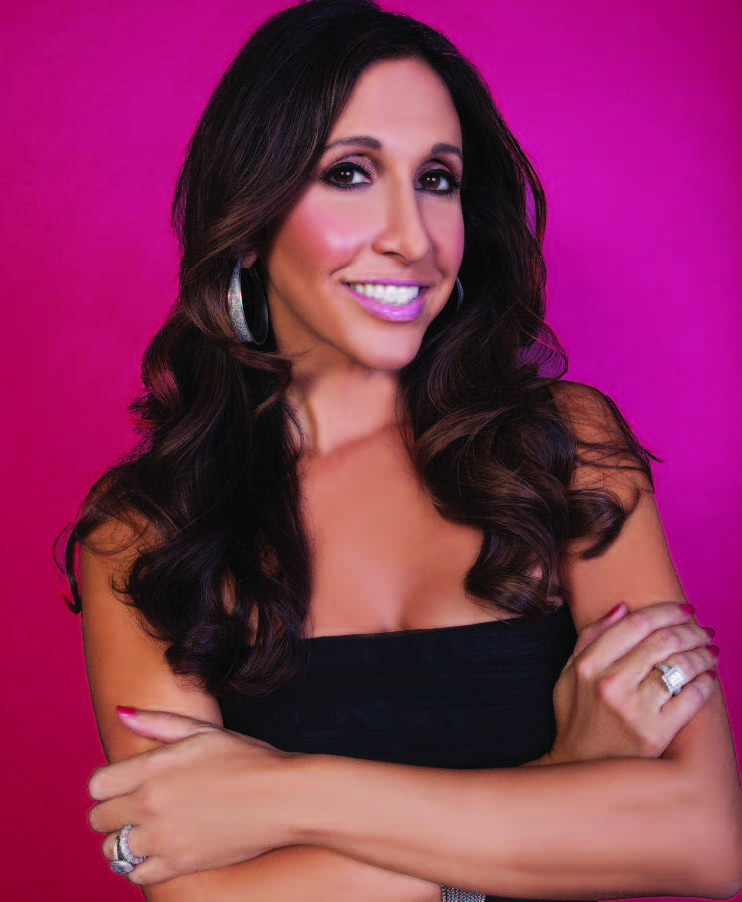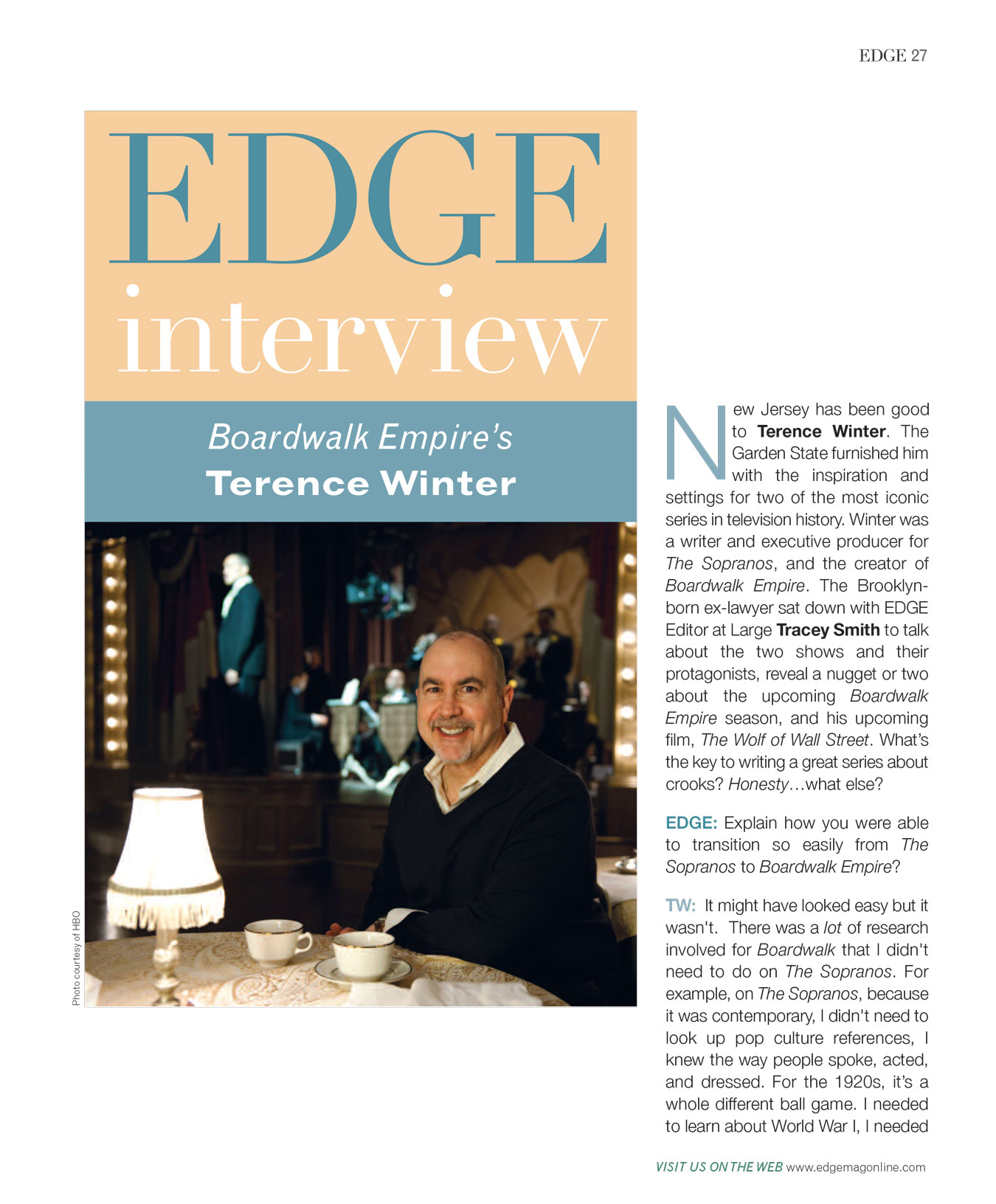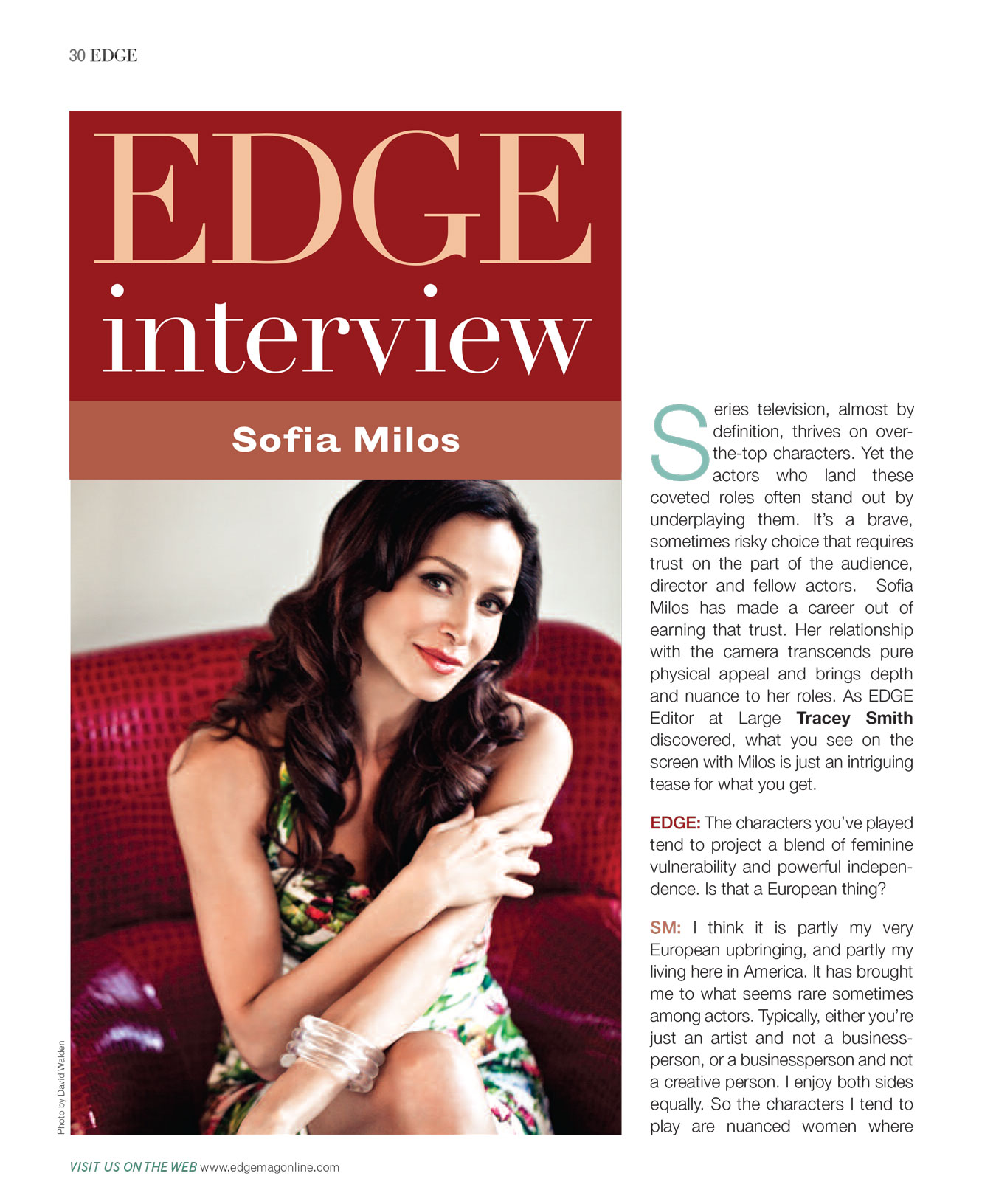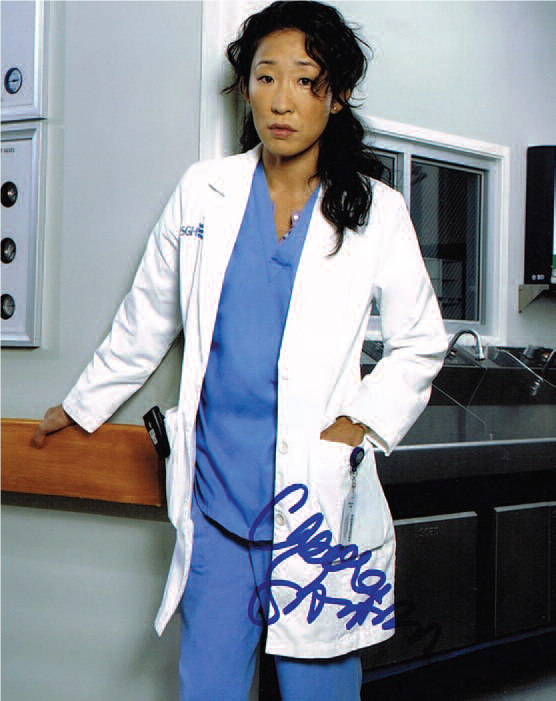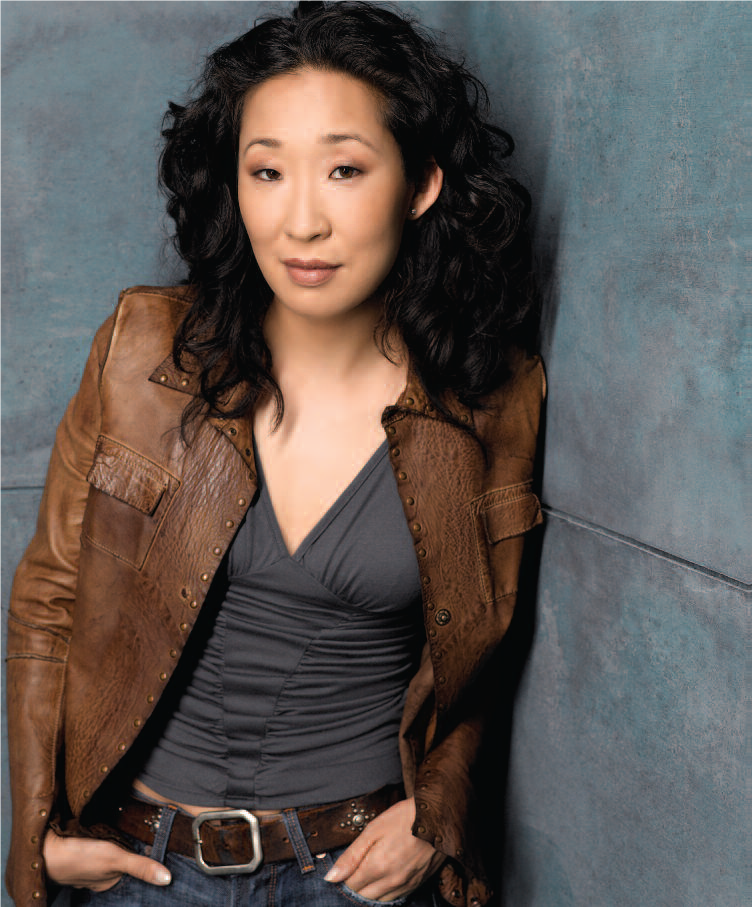Television is in the midst of a Golden Era. By most accounts, there are more challenging, intelligent and interesting roles for women than ever before. Which makes finding exactly the right actress to fill these roles more important than ever before. Producers would probably sleep a little easier if they could just print up a few dozen copies of Lisa Edelstein. During a career that stretches back more than two decades, she has distinguished herself as one of the most challenging, intelligent and interesting performers on American television. Lisa grew up in Wayne, the daughter of a pediatrician and a social worker. Her passion for performing took her to NYU and then MTV, and eventually to a series of recurring roles on series such as Seinfeld, Ally McBeal, Felicity, Leap of Faith and The West Wing. After 150-plus episodes as one of the stars of House, Lisa was picked to star in Girlfriends’ Guide to Divorce—a series developed by Marti Noxon (Buffy the Vampire Slayer, Grey’s Anatomy, Mad Men) and inspired by the best-selling line of Girlfriends’ Guide books by Vicki Iovine. The series is unique in many respects, most notably as the first scripted series developed by the Bravo network. As EDGE Editor-at-Large Tracey Smith discovered, this is hardly what makes Lisa unique…and far from her first pioneering role.
EDGE: When did you first feel comfortable stepping out on stage?
LE: When I was born. (laughs) I never wanted to do anything else. I just loved performing. I did a lot of dance recitals and a lot of school plays. If you asked me to carry a sign across the stage, I’d be thrilled. I told my parents when I was four years old that this was what I was going to do for a living. As soon as I was old enough, I began investigating how to do it as a grown-up, so starting at a young age I would go into New York to see where the agencies were and to get pictures made, just trying to figure out how things worked.
EDGE: Where were you in the process by the time you had enrolled at NYU?
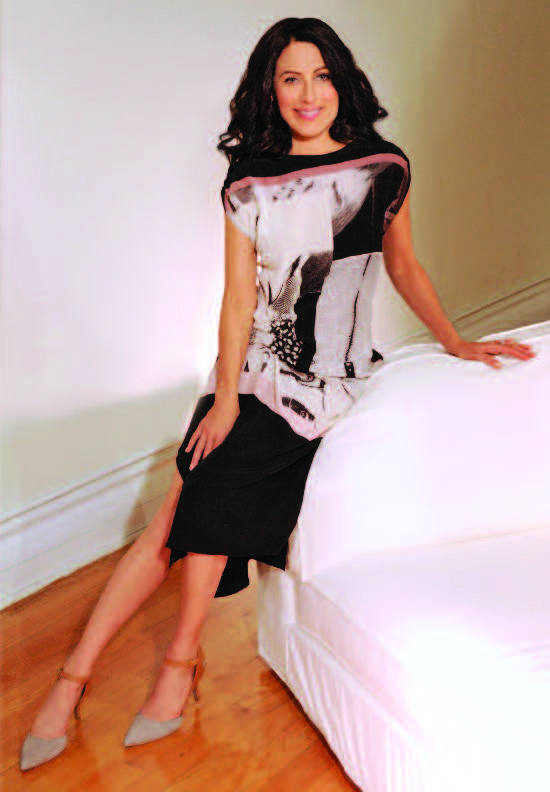
Photo by Nadine Raphael • Dress: ALLSAINTS, Bloomingdales, Short Hills
LE: I had learned enough on my own that I had actually become a bit cynical in class. I felt that they weren’t actually talking about how to be an actor, they were just doing an acting class. I wanted to know how to be an actor. I was still figuring it out, just stumbling my way through. I was really involved with the club scene in New York at the time and I got a lot of attention for that. I sort of used that attention to produce a musical that I wrote about the AIDS crisis. It enabled me to be seen as a professional, but also it was so horrendous what was happening, it was really important that we found a way to talk about it.
EDGE: You also had a stint on MTV.
LE: Yes, for about seven months. I called it “4 Hours a Day 5 days a Week of National Humiliation” (laughs), It was really awful, but I learned a lot.
EDGE: What were some of your other early experiences in television?
LE: One of my first jobs in Los Angeles was L.A. Law. That was very exciting. Then I did a series that no one ever saw because in the middle of the fourth episode, the Executive Producer insulted the head of the studio during a script review and the whole show was canceled on my way to work. (laughs) No more job! There are a lot of things that happen along the way, a lot of “almost-jobs” that might have changed my life, but didn’t. But also a lot of little jobs that did change my life. You just keep going forward.
EDGE: What separates those who make it from those who don’t?
LE: I think one of the first things that weeds people out of this business is a lack of fortitude, not a lack of talent. This is a very, very challenging business emotionally. You need persistence and stubbornness, you have to really love the job. Not everybody is so fortunate to love what they’re doing, so in a way you’re cursed by wanting to be an artist (laughs). What a difficult and challenging career path this is. Yet at the same time, you’re blessed with knowing that there’s something out there that you love you to do. It is a real gift if what you’re doing also feeds you. I’ve always been very grateful for that, even at the bleakest moments. You know, the funny thing about being an actor—unlike most jobs—is that when you say, “I’m an actor,” you have to prove it. People want to know where you’ve done it, and then they want to decide whether or not they’ve seen it, or if they liked it. (laughs) You’re sort of judged, sometimes positively, sometimes negatively. Sometimes they just feel sorry for you. I think that’s true for any career in the arts, but particularly acting.
EDGE: You are now the star of Bravo’s first scripted series. That’s a big culture change for a network. Were you involved in that transition?
LE: No, no. It was already happening when I got there. This was not the first pilot they made—I think it was the second. They’d been reading scripts and playing with this idea for years. I read that first script and I loved it, but Bravo didn’t feel it was the right brand for the network. However, I already could tell by reading it that they were on the right track. They were picking smart projects that were dark and funny and interesting. After us, they are doing another show called Odd Mom Out. It’s a half-hour comedy and it’s really funny and really dark and I really like it. Bravo’s a great network. They really have thrown everything at us in the most wonderful way. They have been incredible promoters and really behind the show creatively. They are genuinely excited about the decisions they made and going for it—there’s no wishy-washiness. They take a really long time to make a decision, so when they make a decision they are not kidding. It’s been a real pleasure.
EDGE: What type of feedback are you hearing about your character, Abby?
LE: It is so exciting. It’s really exciting. When I did House, people would come over and talk about the show and how much they loved it, or ask things about Hugh Laurie’s character like, “doesn’t it drive you crazy he’s so mean to you?” But on this show, when people recognize me, they want to talk about their lives, they want to tell me why they relate to the show, and who it reminds them of and when my character did such and such. It’s very personal. It’s a great feeling because I really love this project and I really want to do more of it. I love the writing, I love the people I’m working with. The experience has been extraordinary. I’ve been working for a long time, so having an experience like this that tops everything else—it’s been a dream come true.
EDGE: You’ve worked with some seriously funny co-stars, including Hugh on House and, now, Janeane Garofalo on Girlfriends’ Guide. Does she bring a lot of silly to the set?
LE: Janeane is hilarious, but she’s not a very silly person. She is very serious, with a very sharp wit, but she’s not a clown. It is very important to Janeane that she can inhabit what her character is doing and saying, so she works in a very specific way and it was really a lot of fun to volley with her in that way. She’s great, she’s smart, and she’s a very interesting woman.
EDGE: The two of you grew up less than an hour apart, in Wayne and Newton. Did you already know each other?
LE: We did. We actually met many years ago, in 1990. She worked at MTV around the same time I did, and we have a lot of mutual friends.
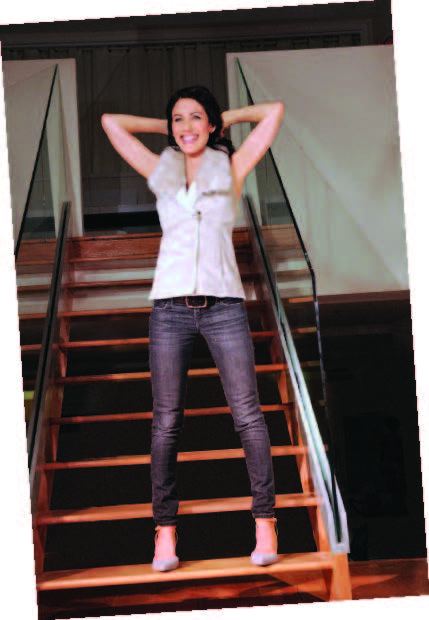
Photo by Nadine Raphael
Vest: NICK+ZOE, Lord and Taylor, Westfield; Shoes: POUR LA VICTOIRE, Sole Shoes, Westfield
EDGE: Do you and Janeane bring some Jersey Girl toughness to your characters?
LE: Janeane’s character is tough, but I don’t know if Abby is tough. She certainly bounces back, but I don’t know if tough is a word I would use with Abby.
EDGE: Each of your episodes is themed around a “Rule”…do you have your own set of “Lisa Rules” that have allowed you to be successful?
LE: Yeah, I guess I do. I do have some rules. Never say yes to a job you don’t want. Never go out with a man who can’t ask you out on a specific date. He’s too wishy-washy. No one can eat meat in my house. Those are my rules, for me. I wouldn’t say they apply to everybody.
EDGE: You once said in an interview that you don’t care if you’re the star, that you really like to be part of an ensemble…and that you want to “use my brain as much as I possibly can.”
LE: Is that an old quote? That’s amazing in a huge way because now I get to sort of experience all of that. What’s so exciting about the Bravo series is how deeply involved and relied upon I am. All parts of me are used, and I love that. I am working 16 hours a day when we’re shooting almost every day. My attitude and dedication to the project has a big effect on the set. It’s important to me that the place I work is the place I’ve always wanted to work and having the opportunity to create that type of environment is a real blessing. I hope I’m doing a good job. Marti Noxon really trusts me. When a scene is being constructed, she often listens to my ideas and I feel like a real participant in the creative process. My opinion matters to Robert Duncan McNeill, our Producing Director, who has a lot of input in how we’re telling the overall arching story, and that feels good. I feel like I’m in a leadership position. After working for 25 years or so that feels great, it’s exciting. I take it seriously and I’m doing my absolute best.
EDGE: Since EDGE is supported by a medical center, of course we have to ask a couple of House questions. How did you land the role of Lisa Cuddy, the hospital administrator?
LE: I just auditioned for it. Brian Singer, who was directing the pilot had been a huge fan of The West Wing and, I didn’t know this at the time, he loved my character Brittany on the show. So when I came in to read, he was already on the Lisa Edelstein team. Cuddy started off sort of slowly, the character didn’t have a lot to do in the first season because there so was much to be done in developing the structure of the show itself. But little by little, they started to infuse Cuddy with more character, the relationship got more complicated, things were revealed and it got more fun.
EDGE: How does one prepare for the role of a hospital administrator?
LE: I think you just go in knowing she is a medical professional, she’s a professional woman, she’s really well-educated, she’s got a lot on her plate. I certainly didn’t study endocrinology or anything, which was her specialty. I think it’s more about understanding what it means to be highly successful in your field. She would have been one of very few women who were running hospitals at the time if she existed in the real world. And she would have been very, very, young.
EDGE: Having worked in a fictional hospital, are you more confident or less confident when you have to go to a real hospital?
LE: Oh, I grew up around hospitals because my dad is a doctor. I’ve always felt confident in hospitals and I really love medicine, so I know how to hear it, how to listen and what questions to ask. I’m an advocate for a friend of mine who is going through some terrible stuff, so I’m good at that. EDGE
Editor’s Note: From the small world department…it turns out that Lisa’s father, Dr. Alvin Edelstein, was known to the EDGE staff long before Lisa became the family’s star. Back in the 1980s and 1990s, Dr. Edelstein treated the children of one of the magazine’s editors!

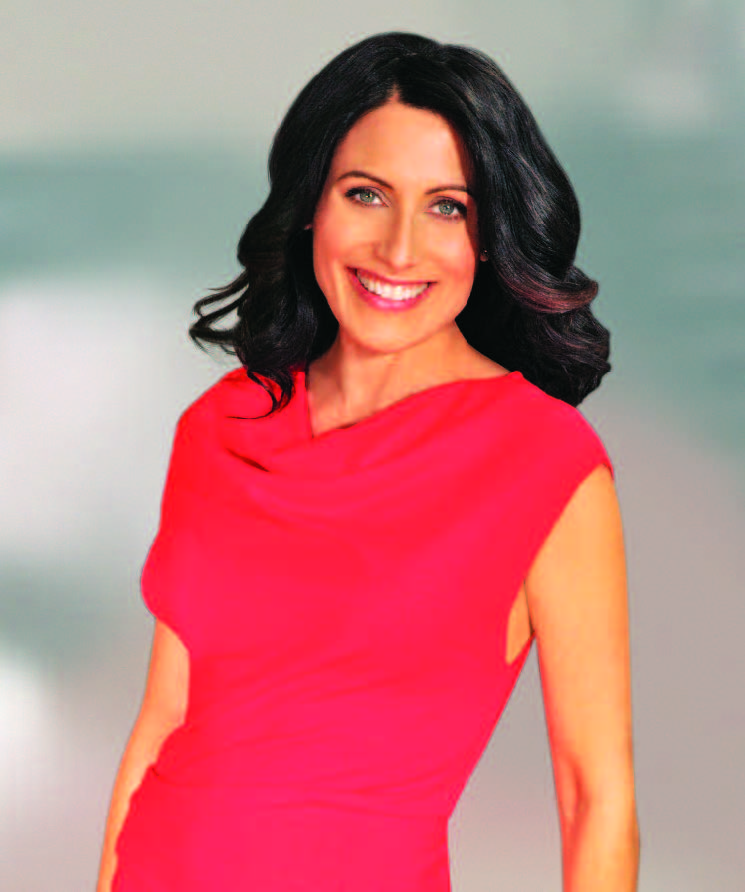
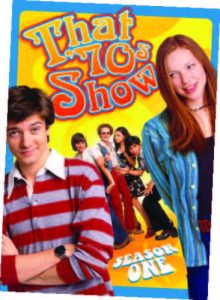 LP: I had a very unorthodox upbringing, but in an amazing way. My mother trusted all of us implicitly and treated us more like her friends than her children. We were all very independent and took care of ourselves at a young age. She totally instilled confidence in us, as well as the sense of being an individual. So I moved to Milan at 15 and lived there for about a year and a half. I loved living abroad and I loved living on my own at such a young age. It really makes you grow up quickly. The first acting I did was an Italian Uncle Ben’s Rice commercial. I did that job and I was just like, “This is awesome.” It was more along the lines of what I was searching for. So I quit modeling and I moved home. I said to my mom, “I want to try this acting thing.” She’s like, “Okay.” She was totally supportive, as she always is. I never in my life even mentioned getting into acting and now I’m saying I want to be an actress. She’s like, “Great, yeah.” I started acting, got the part on That 70s Show that year and moved to Los Angeles in 1998. I’ve been living here since. It really was just one of those things that was meant to be, even though it wasn’t the path I was on.
LP: I had a very unorthodox upbringing, but in an amazing way. My mother trusted all of us implicitly and treated us more like her friends than her children. We were all very independent and took care of ourselves at a young age. She totally instilled confidence in us, as well as the sense of being an individual. So I moved to Milan at 15 and lived there for about a year and a half. I loved living abroad and I loved living on my own at such a young age. It really makes you grow up quickly. The first acting I did was an Italian Uncle Ben’s Rice commercial. I did that job and I was just like, “This is awesome.” It was more along the lines of what I was searching for. So I quit modeling and I moved home. I said to my mom, “I want to try this acting thing.” She’s like, “Okay.” She was totally supportive, as she always is. I never in my life even mentioned getting into acting and now I’m saying I want to be an actress. She’s like, “Great, yeah.” I started acting, got the part on That 70s Show that year and moved to Los Angeles in 1998. I’ve been living here since. It really was just one of those things that was meant to be, even though it wasn’t the path I was on.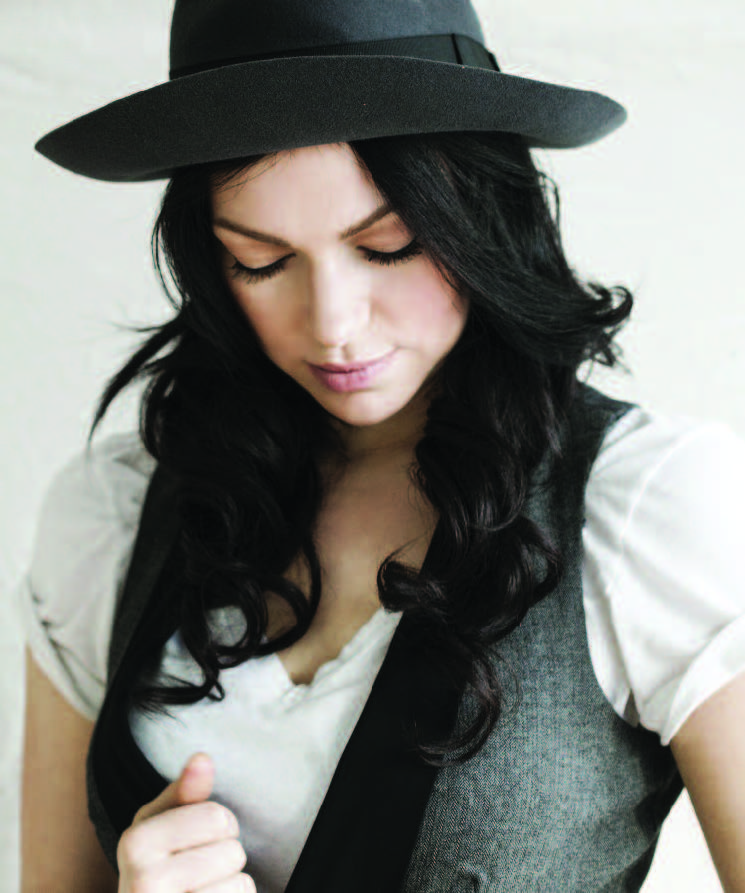
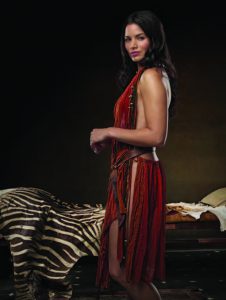
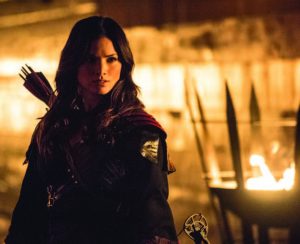
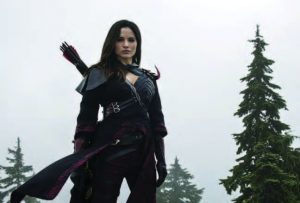
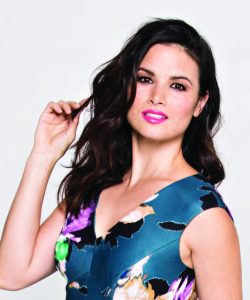
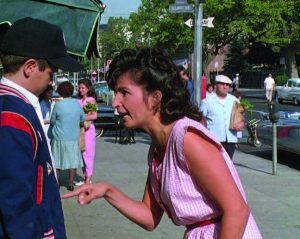
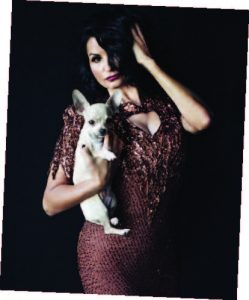
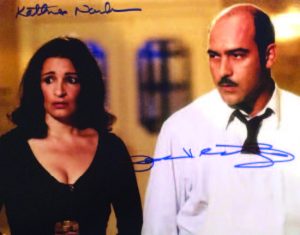
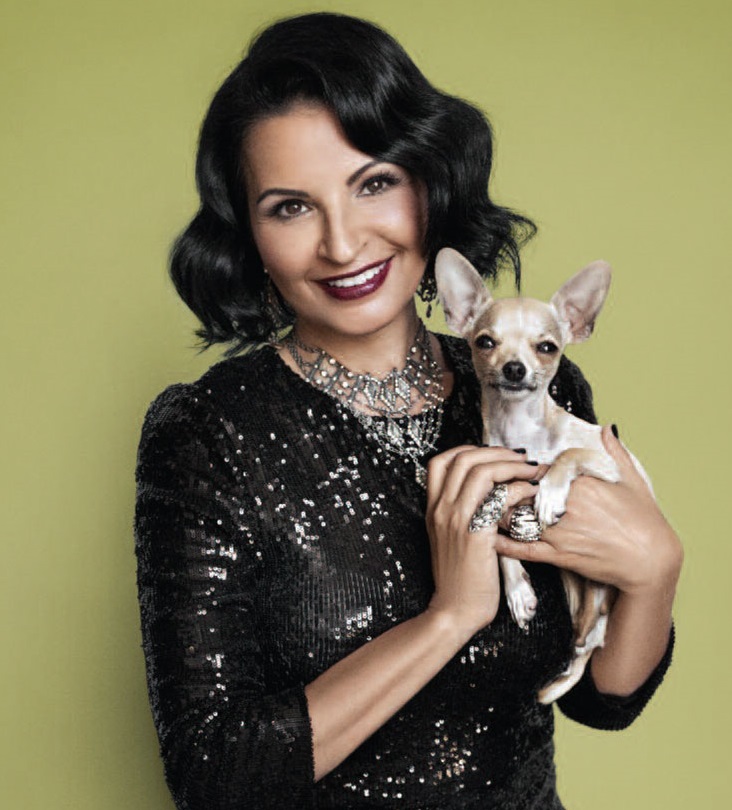
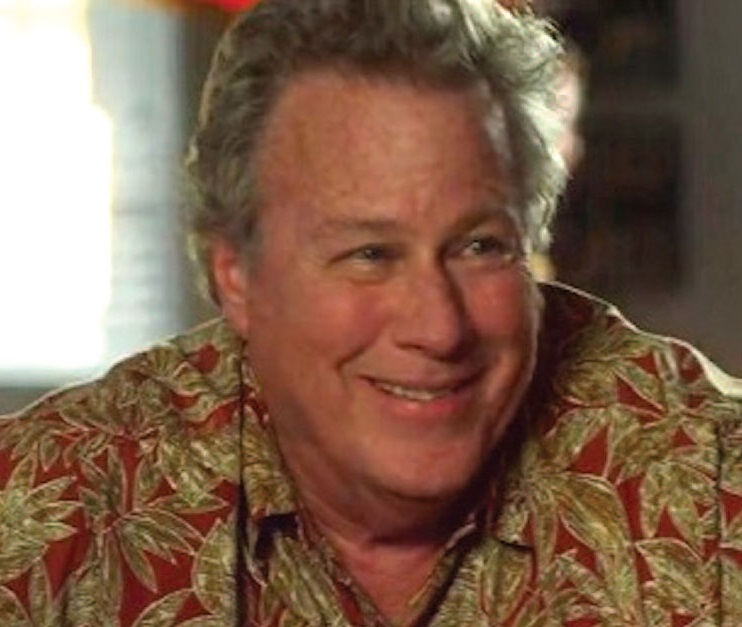
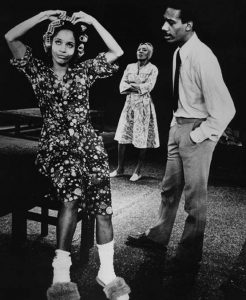
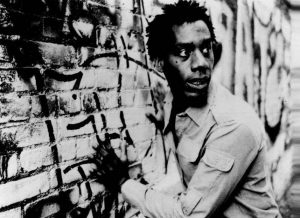
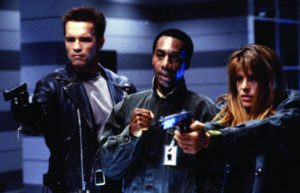
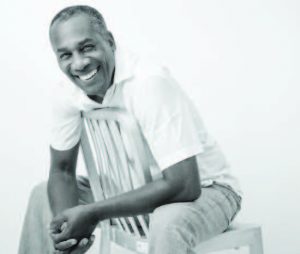
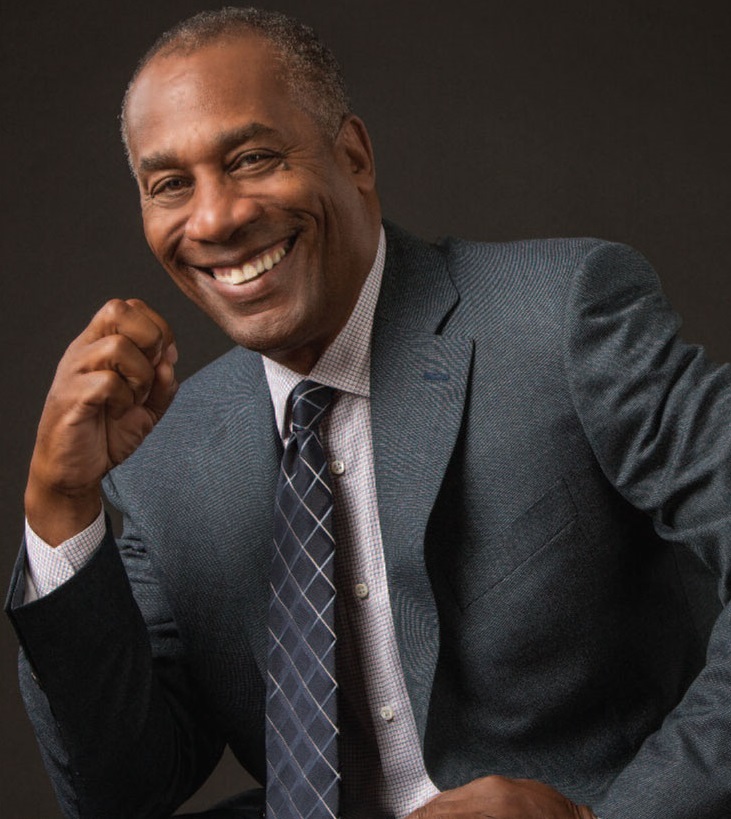
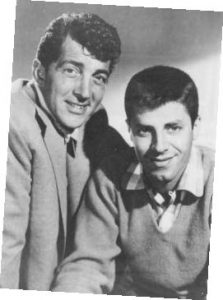
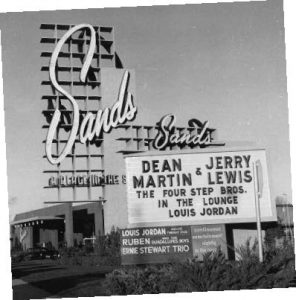
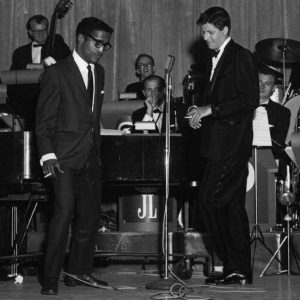
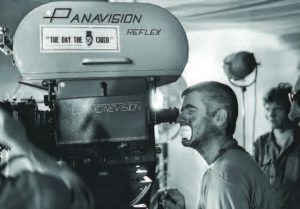
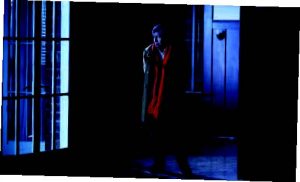
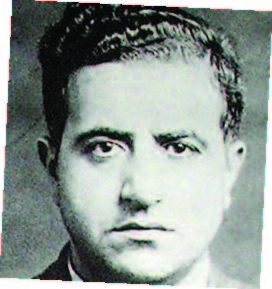 “You tell him he’s lucky I got a sense of humor!”
“You tell him he’s lucky I got a sense of humor!”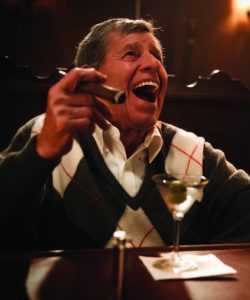
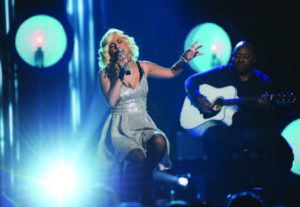
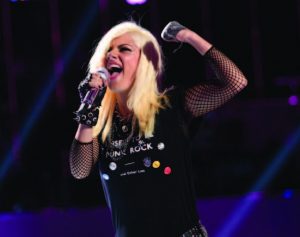
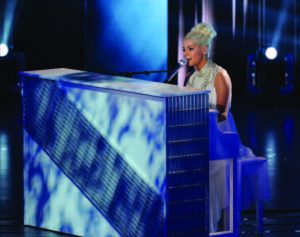
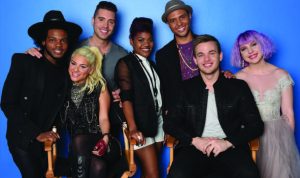
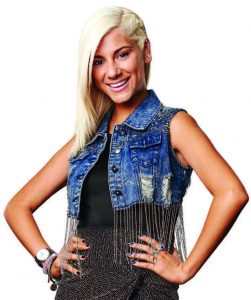
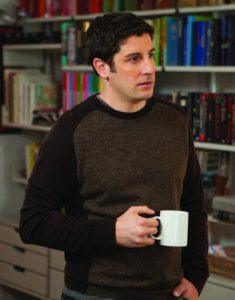
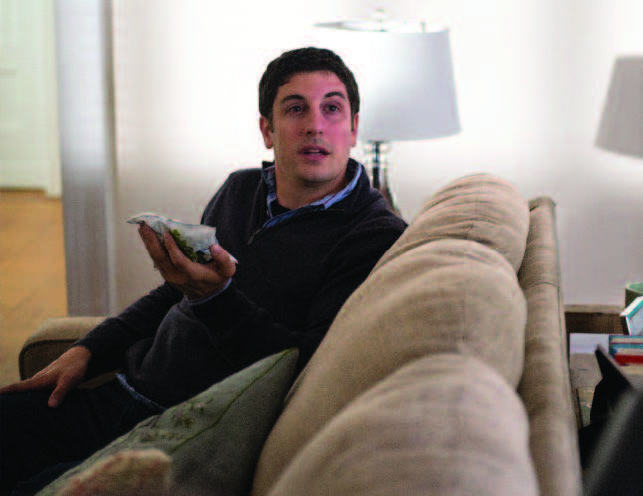
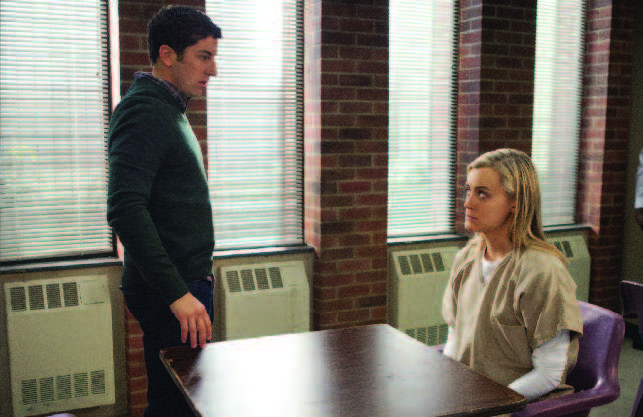
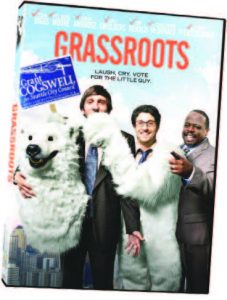
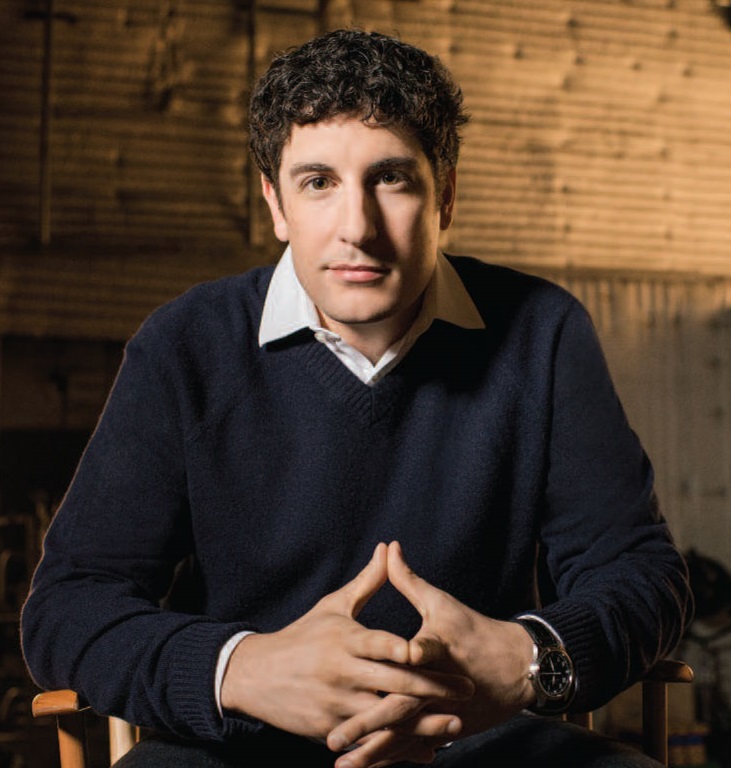
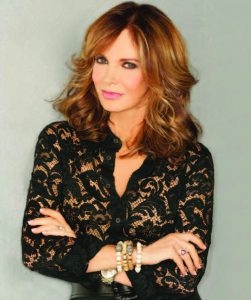
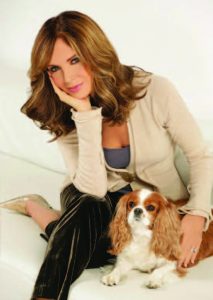
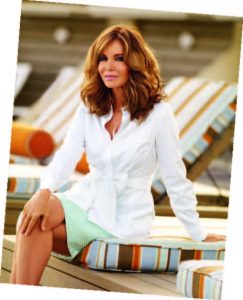
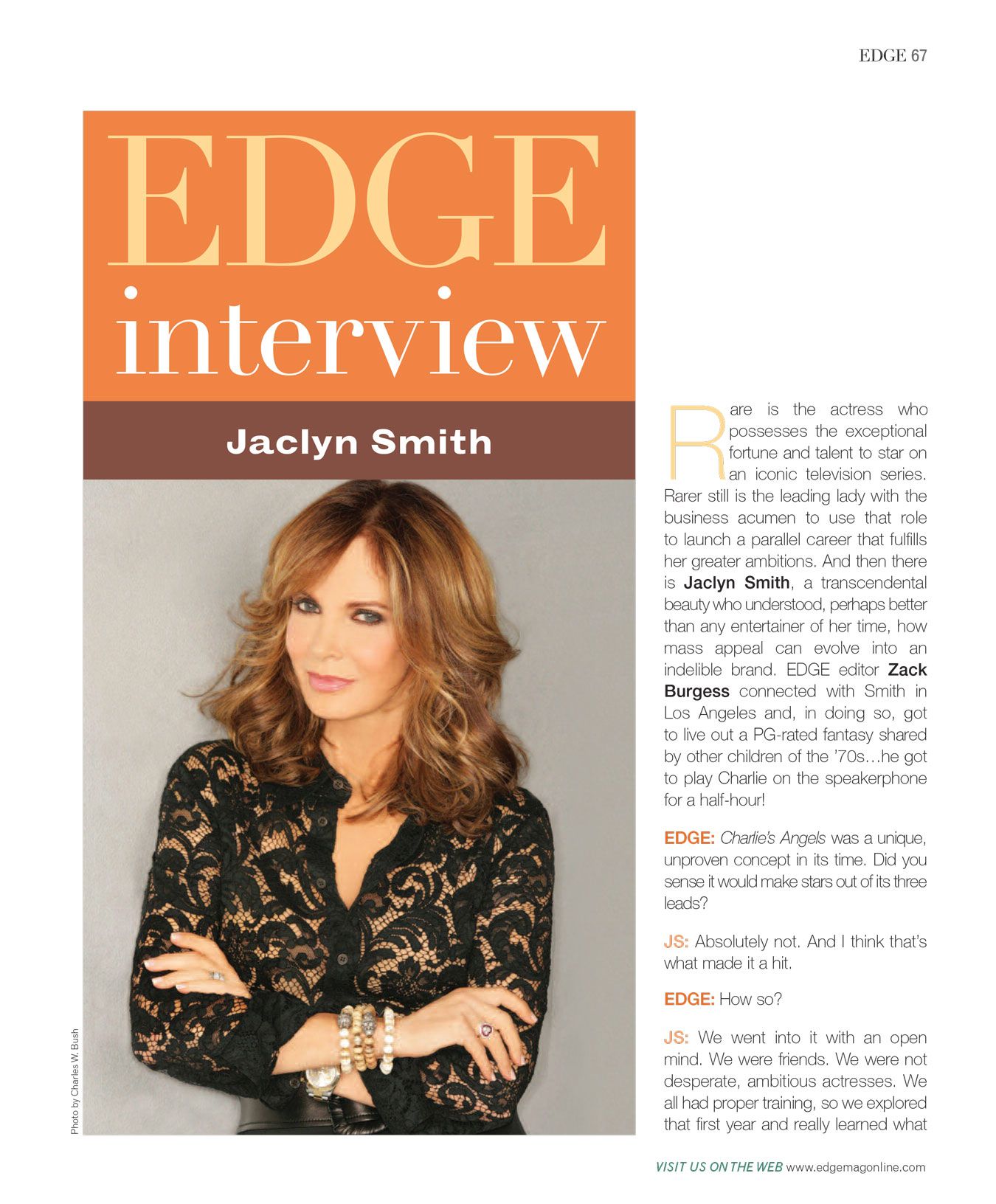
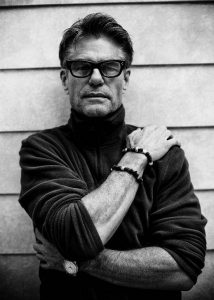
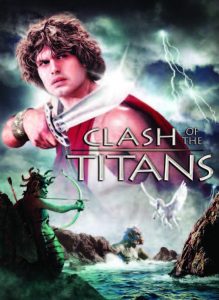
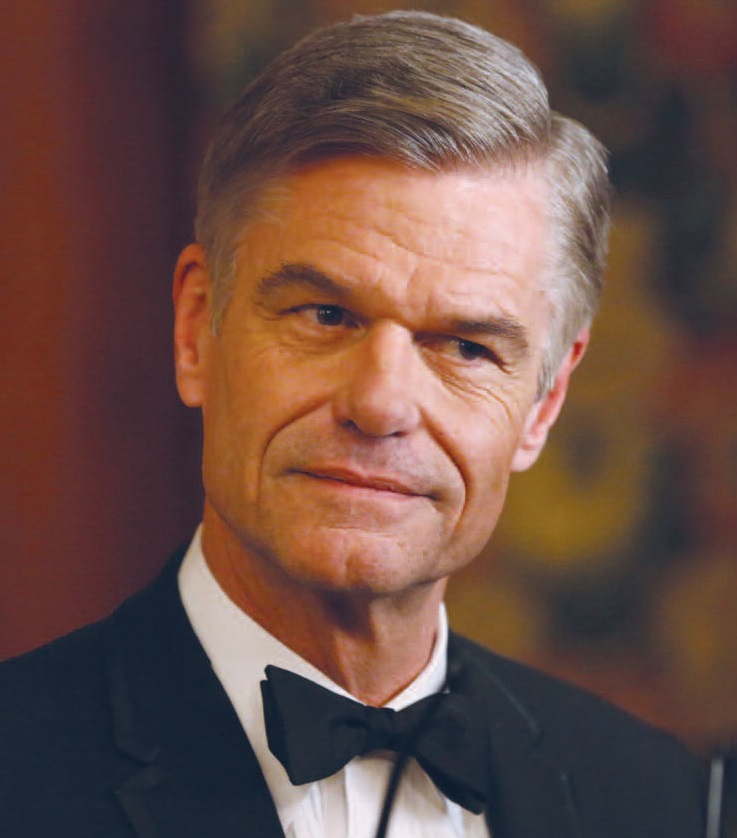
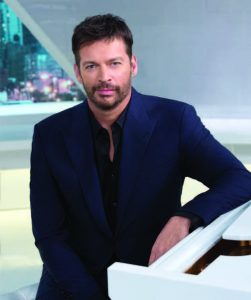
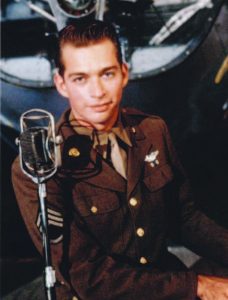
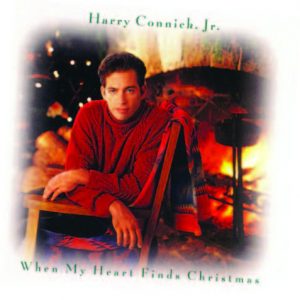 EDGE: To what do you attribute your success beyond your music career?
EDGE: To what do you attribute your success beyond your music career?